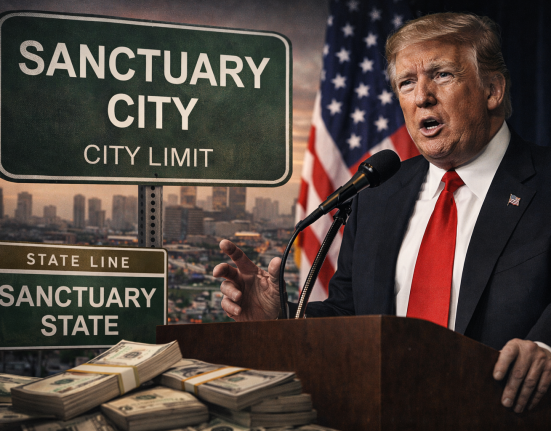On August 25, 2025, President Donald Trump announced he had dismissed Federal Reserve Governor Lisa Cook, citing mortgage fraud allegations tied to her reporting two primary residences in 2021—an act he claims undermined his confidence in her integrity. Cook, who became the first Black woman to serve on the Fed’s board with a term extending to 2038, rejected the claims and insisted the President lacks legal authority to remove her. She pledged to remain in her role and challenge the decision in court.
Wikipedia
This marks the first-ever attempt to fire a sitting Fed governor, a move that directly challenges the Federal Reserve’s historically apolitical and independent structure. Legal experts argue the Federal Reserve Act only permits removal for specific “cause”—typically related to official misconduct—not based on statements or actions predating a governor’s appointment, especially without formal proceedings.
AP News
Reacting swiftly, Cow’s attorney, Abbe Lowell, confirmed she would file a lawsuit to block the dismissal as unlawful and constitutionally unsupported. Additionally, critics—such as Democratic leaders Senator Elizabeth Warren and House Democratic Leader Hakeem Jeffries—have branded the move as an authoritarian overreach that threatens the central bank’s credibility.
AP News
The financial markets responded cautiously: stock futures slipped slightly, the U.S. dollar weakened, and Treasury yields showed mixed signals—some short-term yields dipped while longer-term rates rose, indicating heightened interest rate risk amid concerns over Fed independence.
Reuters
This dismissal comes amid broader patterns of consolidation of power across federal agencies, with Trump previously reshaping leadership within entities like the Bureau of Labor Statistics and others. A favorable outcome would tilt the Fed’s Board—where Trump previously had two appointees—toward greater pro-administration control over monetary policy.
The Washington Post
Key Points
- Historical breaking point: Trump unprecedentedly attempts to fire a sitting Federal Reserve governor.
- Legal controversy: The action likely violates statutory limits protecting Fed independence.
- Institutional pushback: Cook refuses to resign and intends to challenge the dismissal.
- Market unease: Financial indicators suggest investor concern over political interference in federal monetary policy.
- Strategic leverage: If successful, this move would significantly tilt Fed policy in Trump’s favor.
Future Outlook
| Area | Potential Impact |
|---|---|
| Court Resolution | A federal judge may block the firing; Supreme Court review is possible. |
| Policy Independence | A ruling against the move would reaffirm the Fed’s insulated structure against political influence. |
| Voting Dynamics | A favorable outcome for Trump could shift interest rate policy toward aggressive loosening—a controversial shift in economic strategy. |
| Institutional Norms | The episode may redefine boundaries between executive authority and autonomous monetary governance. |
Neutral Reflection
President Trump’s attempt to oust Federal Reserve Governor Lisa Cook raises fundamental questions about the constitutional separation between the White House and the central bank. Regardless of political leanings, this confrontation tests longstanding norms and legal frameworks essential to the U.S. economic system. The judiciary’s response will likely shape the future relationship between politics and monetary stability.








Leave feedback about this
You must be logged in to post a comment.